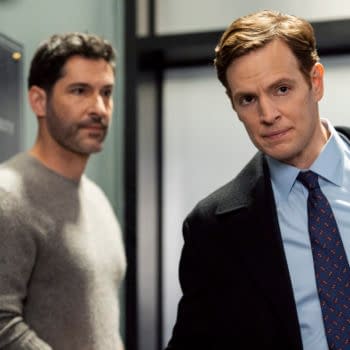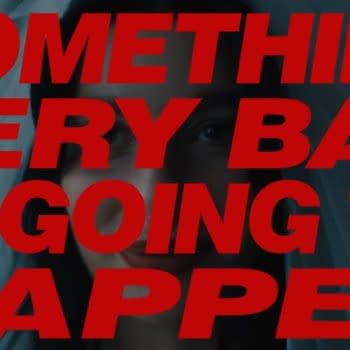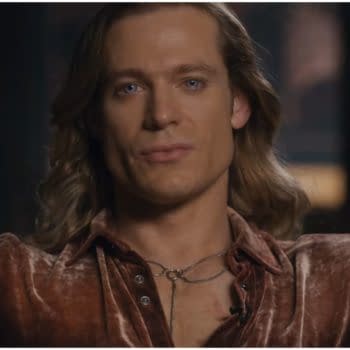Posted in: CBS, Conventions, Events, san diego comic con, Star Trek, TV | Tagged: gene roddenberry, larry nemecek, majel barrett, robert butler, SDCC 2019, star trek, star trek: discovery, susan oliver, The Cage
"Star Trek" Eyewitness: A Comic-Con Conversation With "The Cage" Director Robert Butler
The second season of Star Trek: Discovery drew significant creative inspiration from the unaired Star Trek pilot "The Cage." Discovery resurrected Captain Pike (Anson Mount), Number One (Rebecca Romijn), the Talosians, and Vina (Melissa George), all characters previously seen on "The Cage." Although rejected as the the Star Trek pilot, "The Cage" was so good that producers mined it for the two-part Star Trek episode "The Menagerie." In response to the renewed fan interest, "Dr. Trek" Larry Nemecek hosted a Trekland Live at San Diego Comic-Con with Robert Butler, the Emmy Award–winning director of "The Cage."
Butler, now in his 90's, built a name for himself as a director of pilot episodes and working on shows like The Dick Van Dyke Show and Bonanza. In 1963, Butler worked with Gene Roddenberry, a relative newcomer, on a show called The Lieutenant. When Roddenberry needed a director for the pilot of his new sci-fi adventure show, Star Trek, Roddenberry came to him. Butler was more well-known than Roddenberry at that time, and had more television experience. As a result, Butler won challenges against Roddenberry's creative excesses. Firmly stating that the more arguments directors win, the better the show, Butler was incredibly proud of his work on "The Cage."
However, Butler was incredibly uninterested in the Star Trek history happening around him in 1964. Nemecek showed the audience a photo of Roddenberry and Jeffrey Hunter examining an early model of the Enterprise. While the audience gasped, Butler stated that he was uninterested in 1964 and is uninterested now. His goal was to make a good episode. Usually, the director of a pilot has wide creative control, especially back in the 1960's. But since Butler was new to science fiction, and Roddenberry was the creator, the two worked together. Most of the cast had been hired, and several of the sets built, before Butler came on board.
Coming in late to the game didn't make Butler back down when he thought Roddenberry was making a mistake, however. He claims that having a director that is not too caught up in the material, that has some objectivity, is good for the end product. Butler gushed about Susan Oliver's performance as the love-struck double-agent, Vina. However, he disliked the "dancing green alien girl" scene. The director thought it overdone and cheap-looking. Despite his objections, the scene still made it into the episode. Additionally, Butler tried to convince Roddenberry to change the name of the show to "Star Track" instead of Star Trek, as he thought "Trek" had a negative connotation. Apparently he was wrong on that call, too.
Throughout the panel, Nemecek tried to engage Butler on many of the controversies rumored to have plagued the set of "The Cage." Nemecek asked Butler about problems with the studio and the budget, both of which Butler denied knowing or caring about. In his blunt, straightforward manner, Butler claimed he only cared about the episode, not the drama that came with it. He had people to deal with the budget and the studio, all he had to do was work on filming. The director also didn't remember if he knew of the relationship between Majel Barrett and Roddenberry in 1964. Eyes on the finished product, he just wanted to complete the pilot.
In fact, Butler was disengaged enough to have no hard feelings when his original pilot was recast and reshot. Roddenberry even offered him the chance to direct the second pilot, but Butler felt like he had already been-there-done-that. Butler never even bothered to watch "The Menagerie" when it aired. He has, however, watched clips of what Discovery did with the characters he first filmed. Complimenting the new show, he said "Really well done and into some new trickery."
While it was interesting to hear stories from the set, it was amusing how little Butler seemed to care for his part in Star Trek history. To him, "The Cage" was just one small part of a very long and distinguished career as a television director. When he filmed the episode, he had little idea of what Star Trek was to become. And in the years since, he has worked on so many other projects that he never capitalized on his historic role in the creation of Starfleet. In fact, he gave the distinct impression that he considered it an odd bit of trivia, not a life-changing event. One has to wonder what other amazing stories he has.


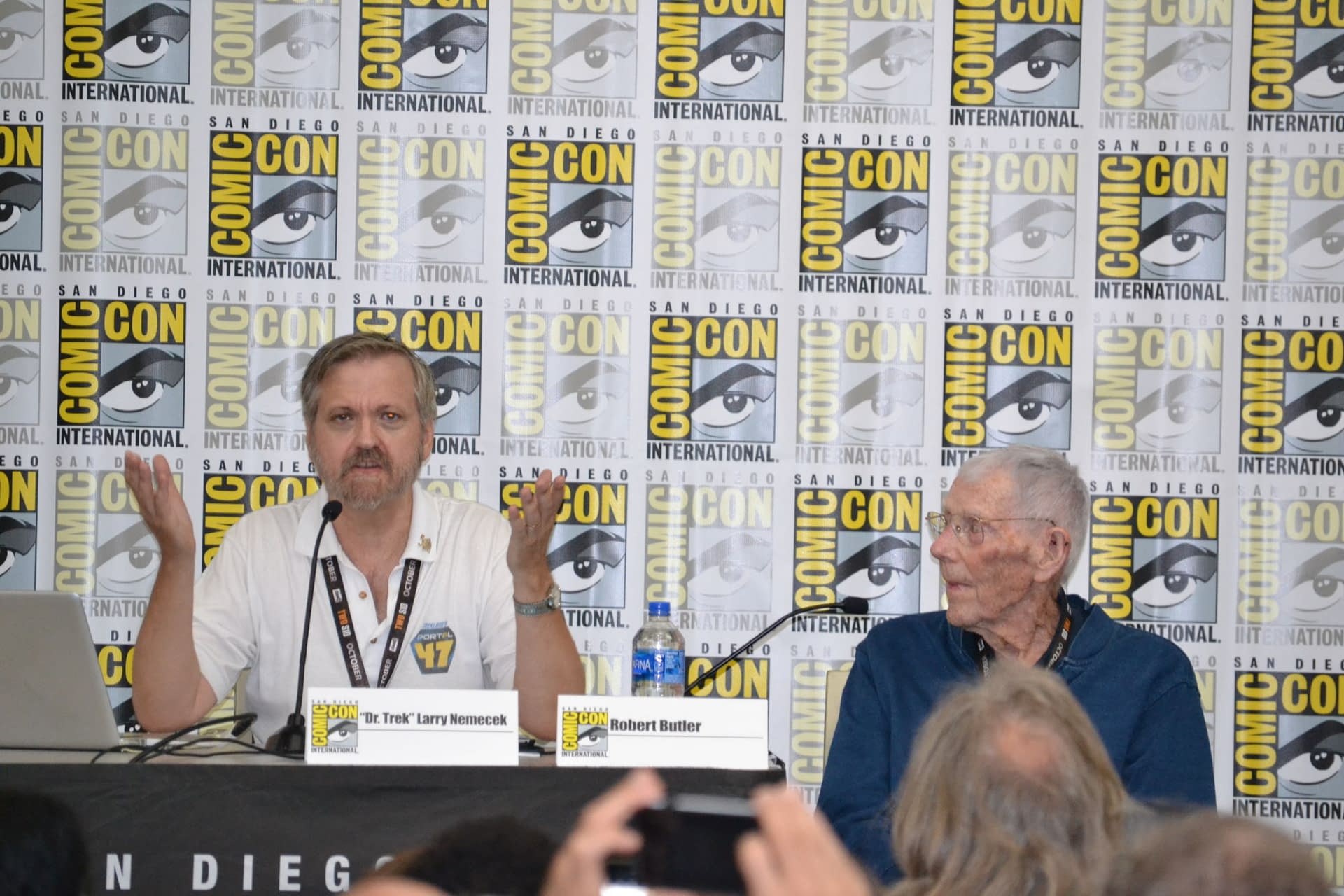
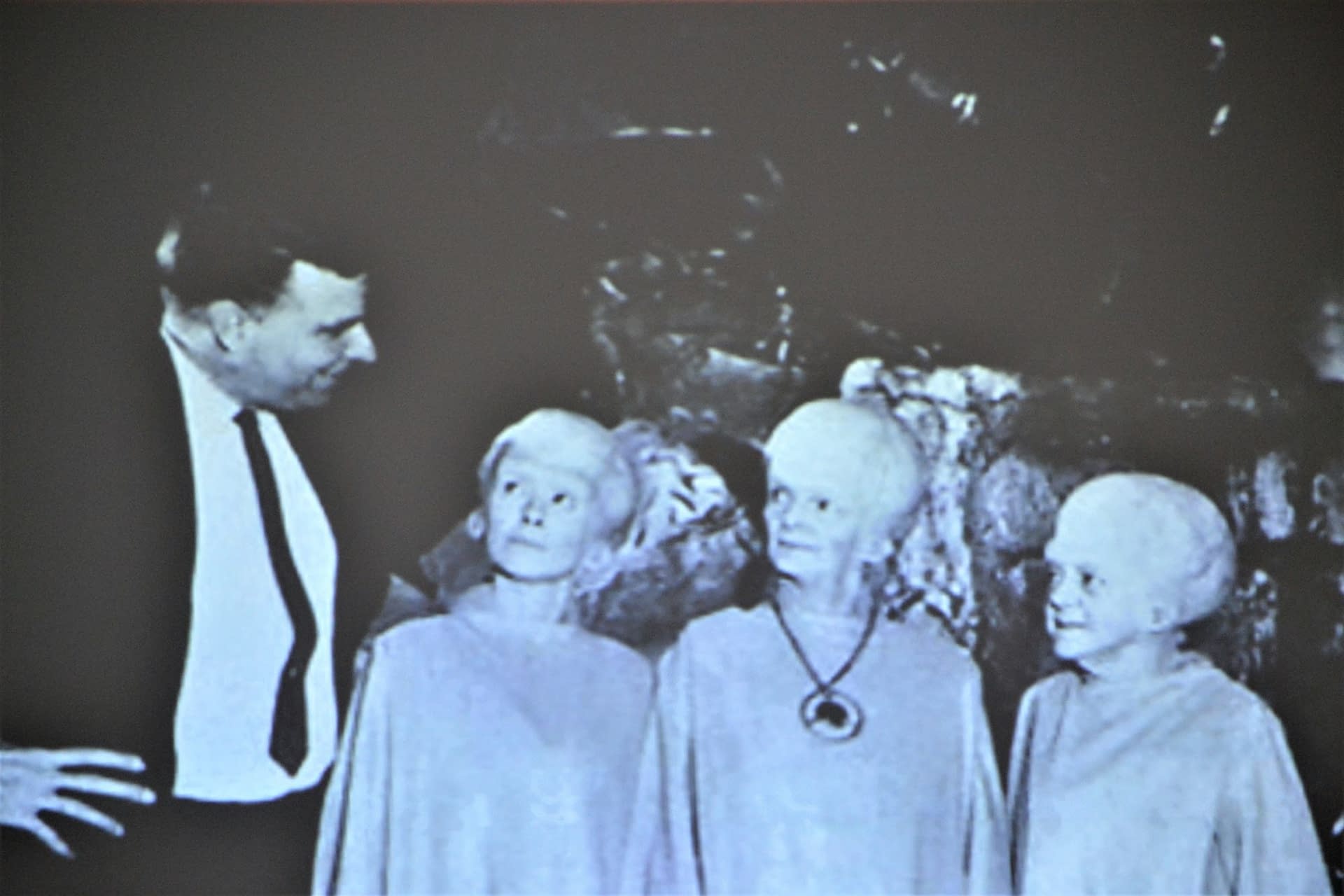
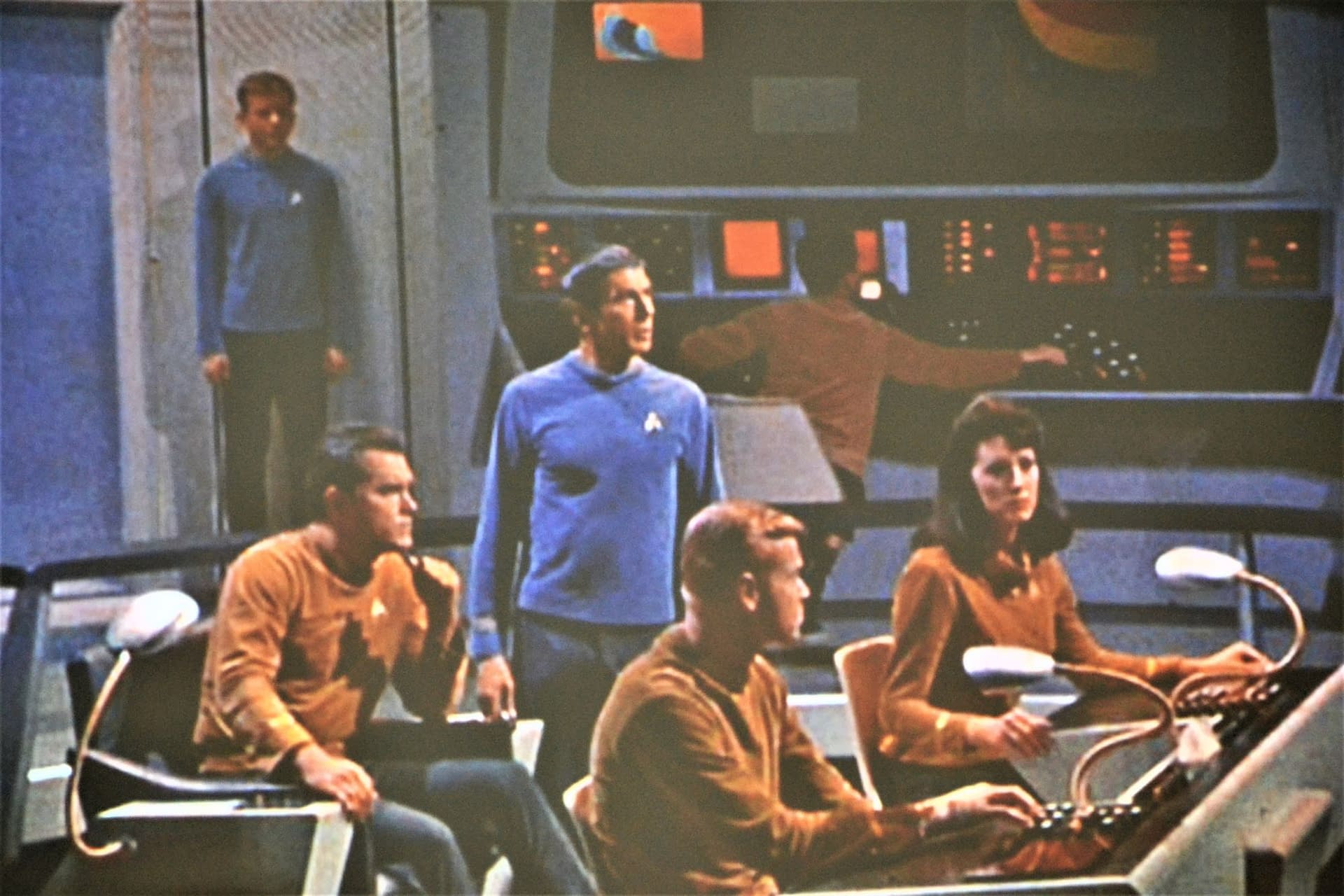
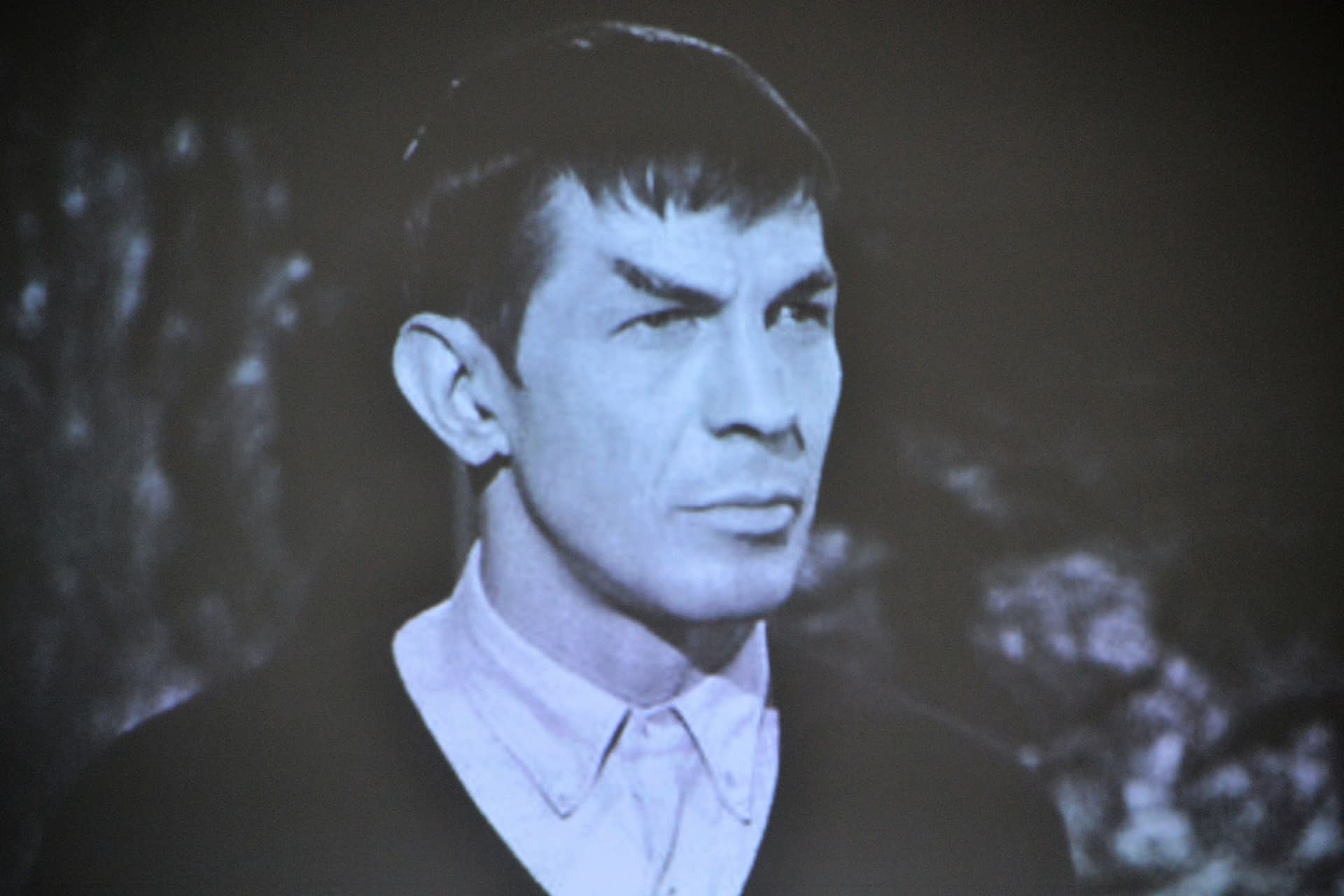
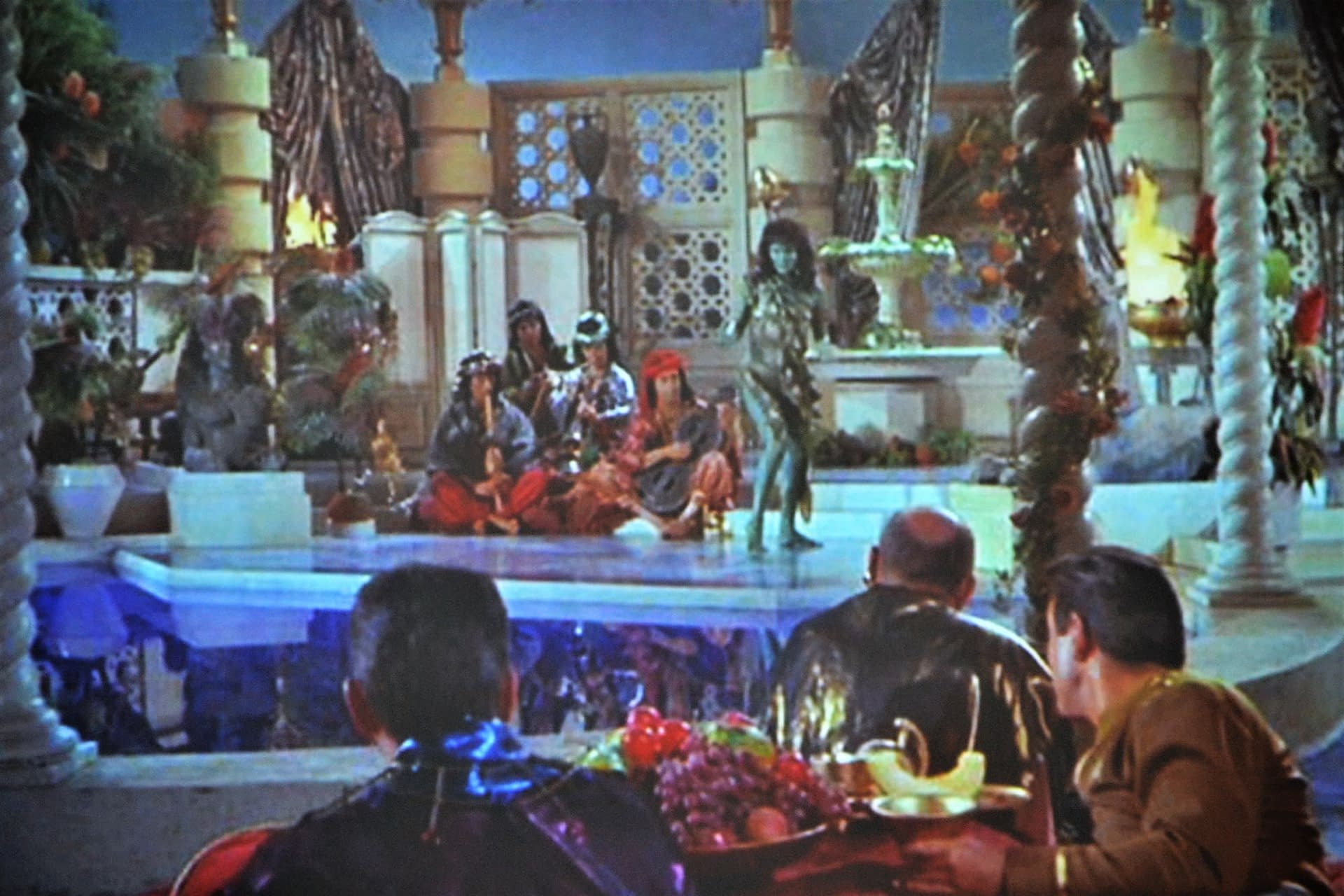
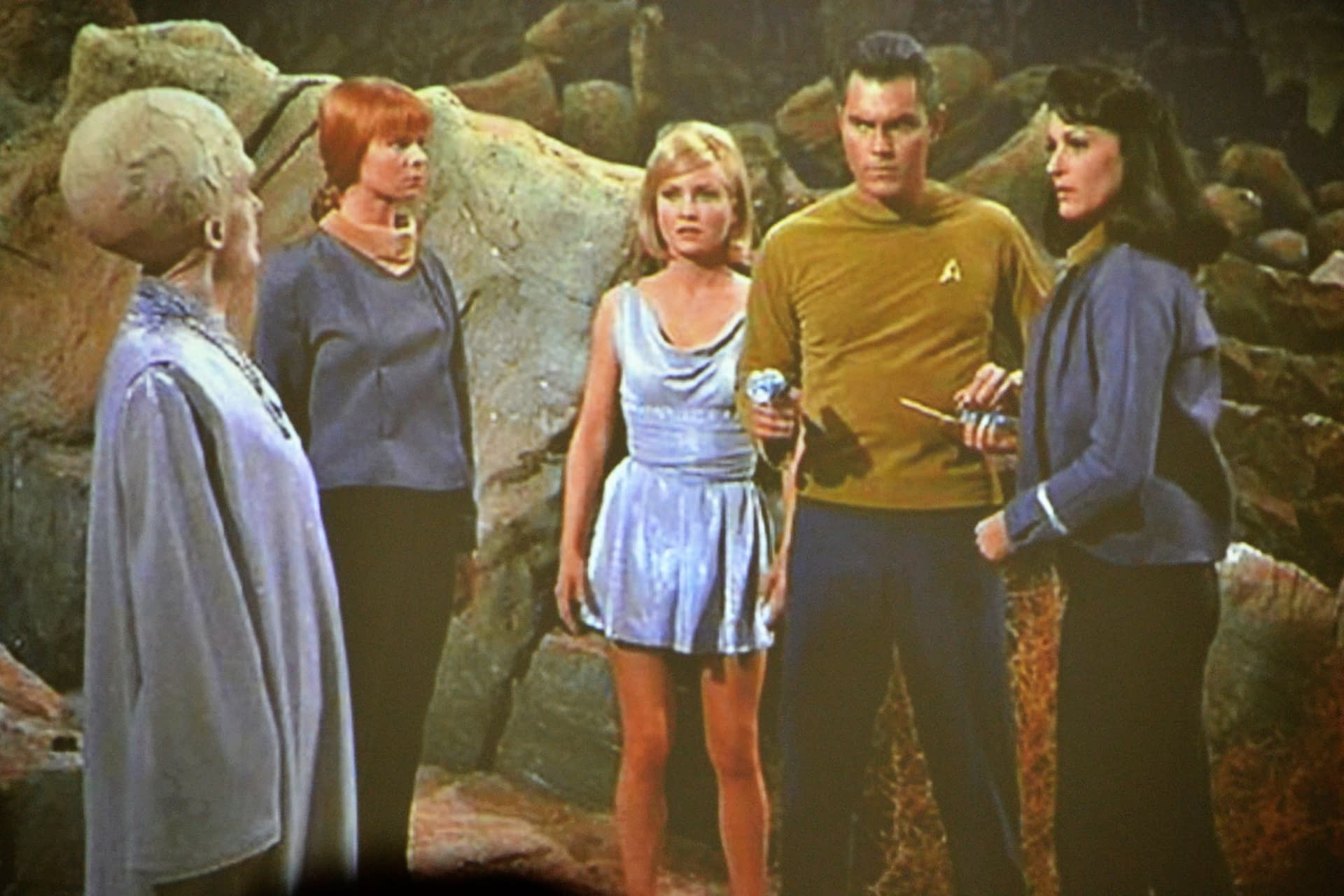
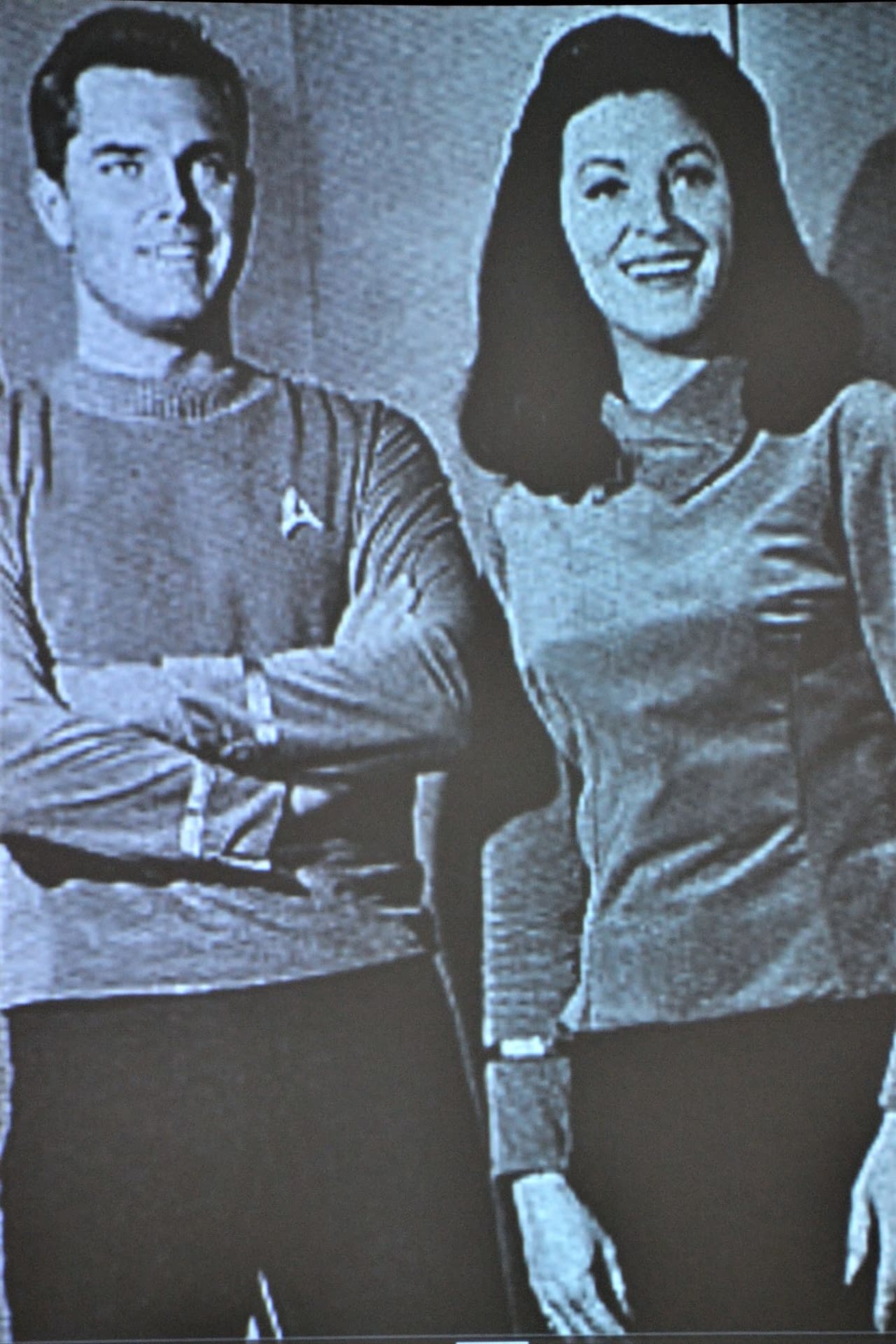
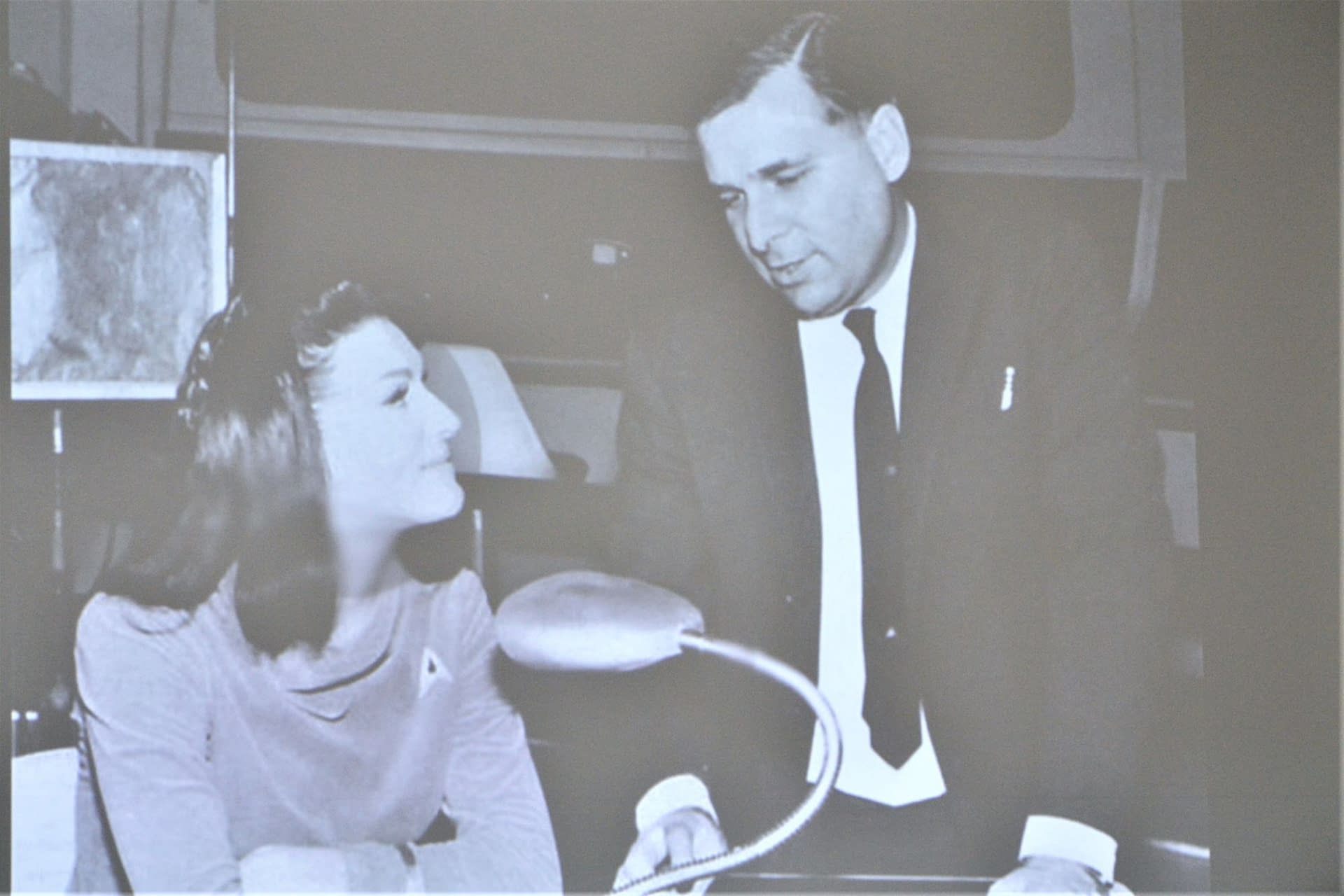
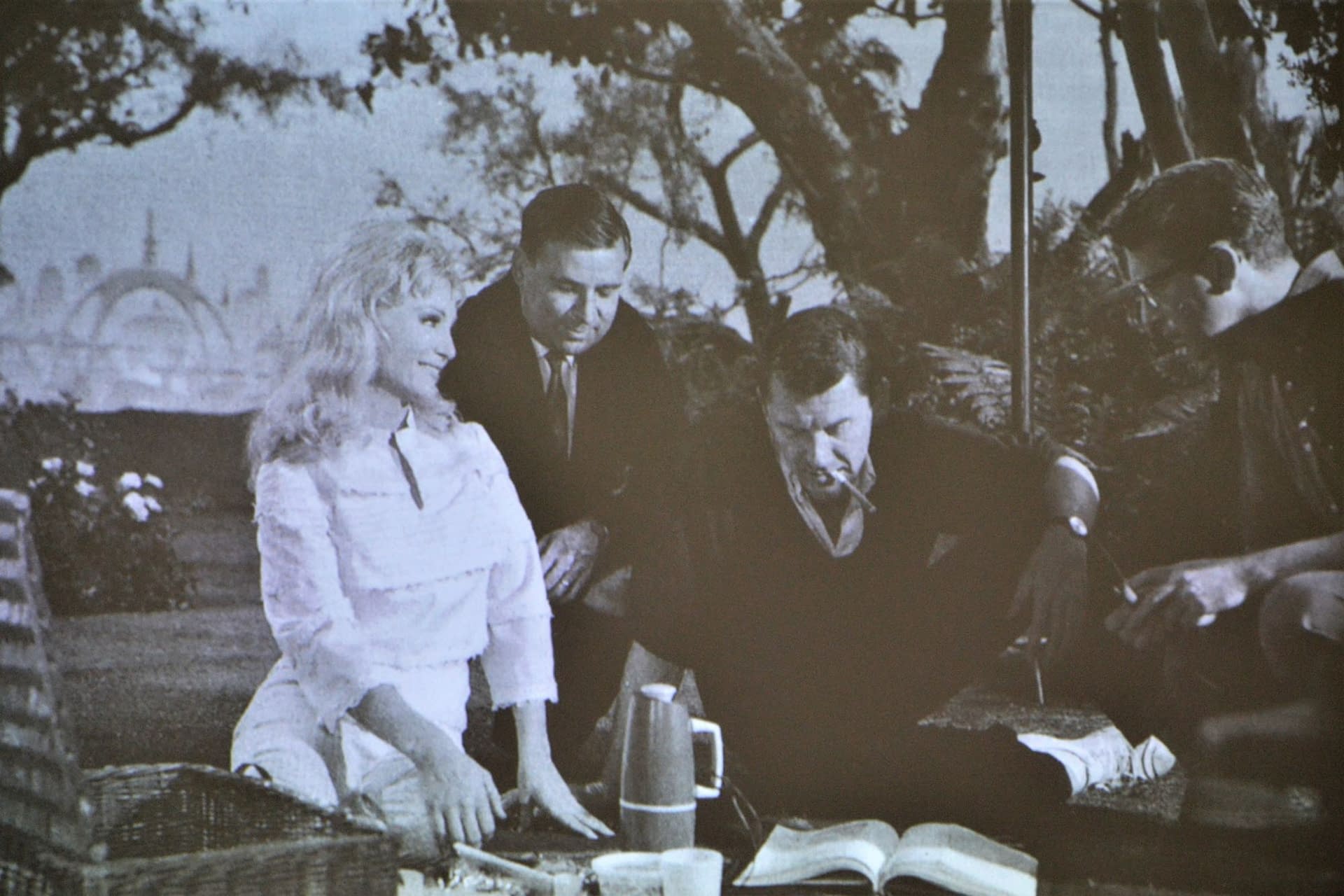
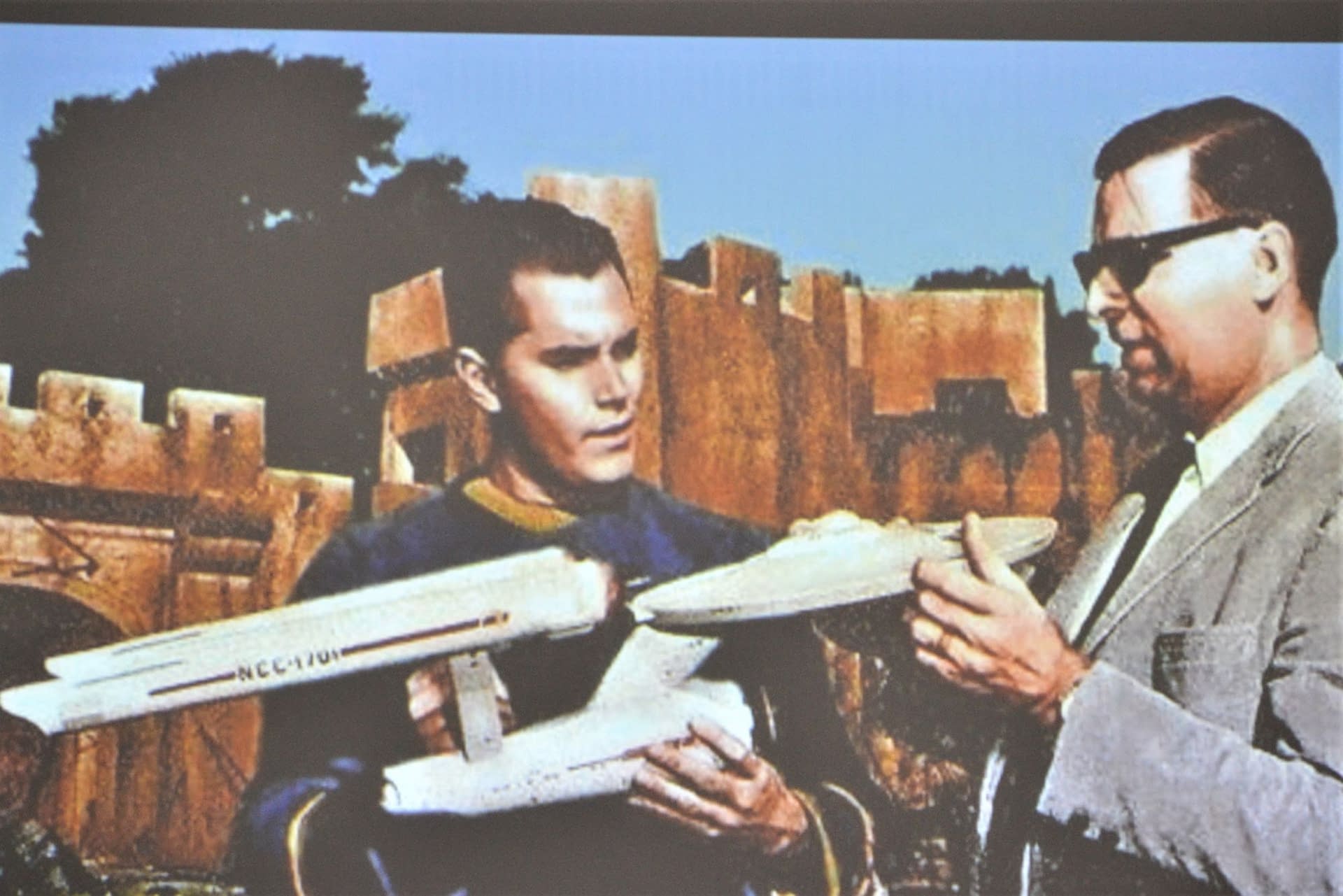
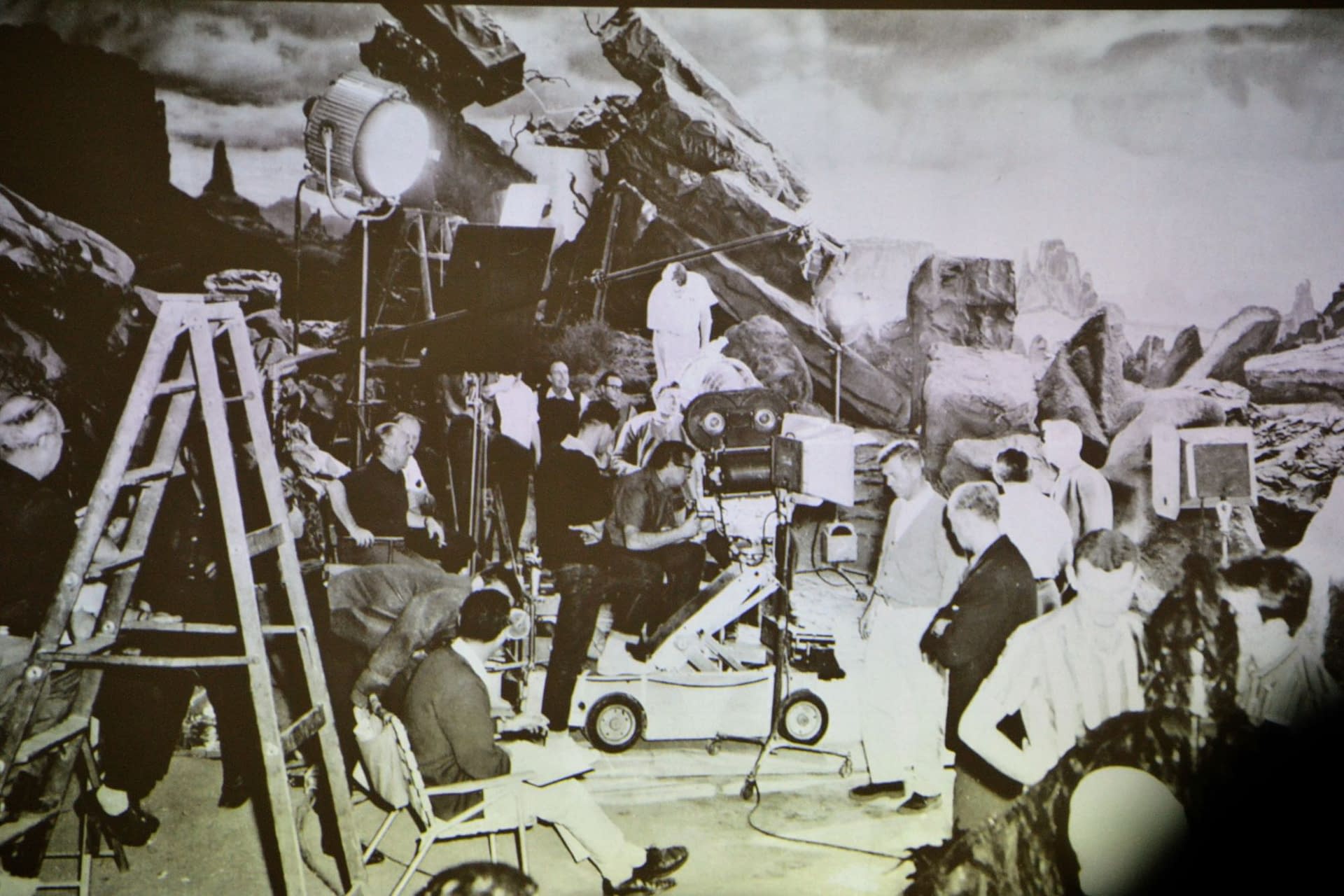

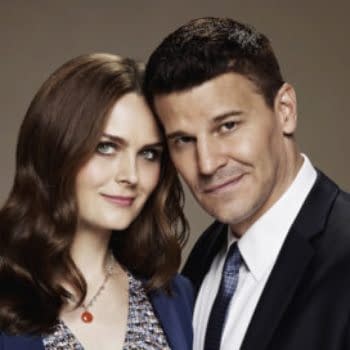
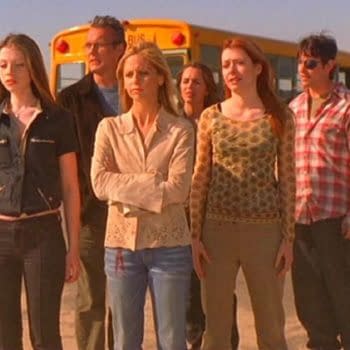

![Too Many Streaming Services? Blame Wall St, Not Cord-Cutters [OPINION]](https://mlpnk72yciwc.i.optimole.com/cqhiHLc.IIZS~2ef73/w:350/h:350/q:75/rt:fill/g:ce/https://bleedingcool.com/wp-content/uploads/2019/07/stream-1-350x350.jpg)

